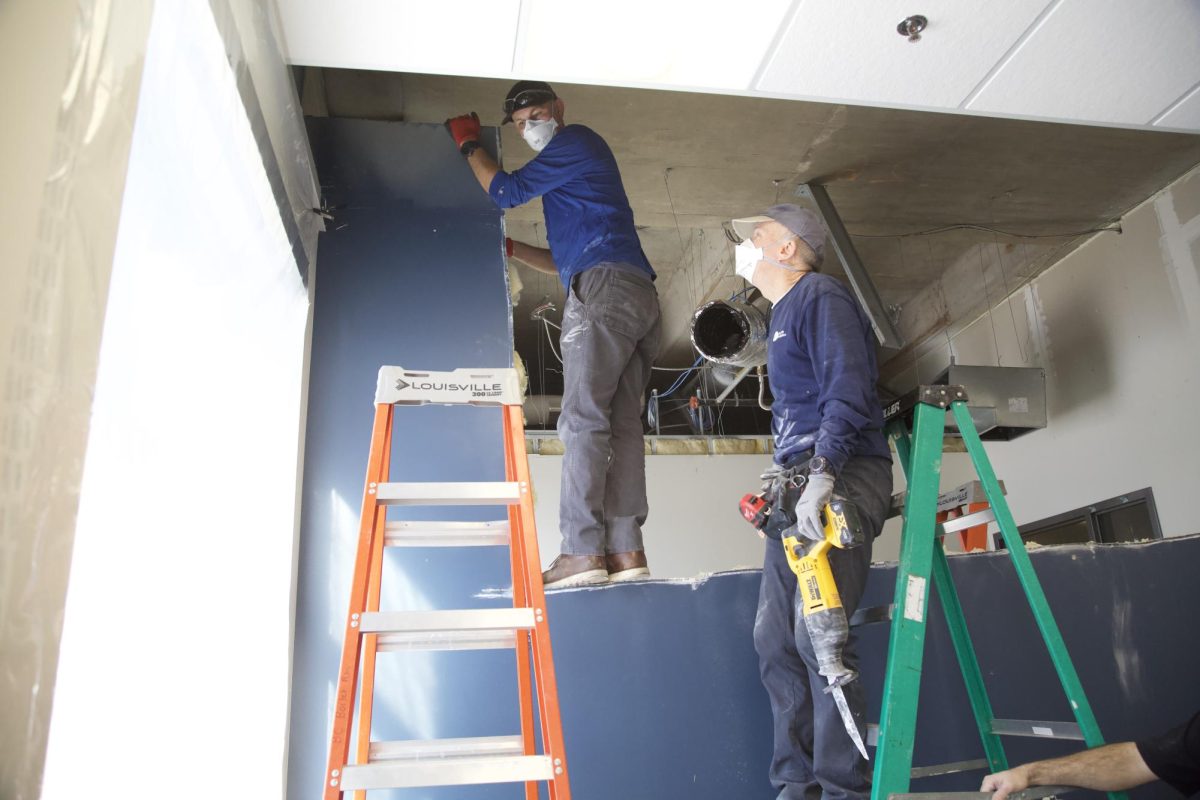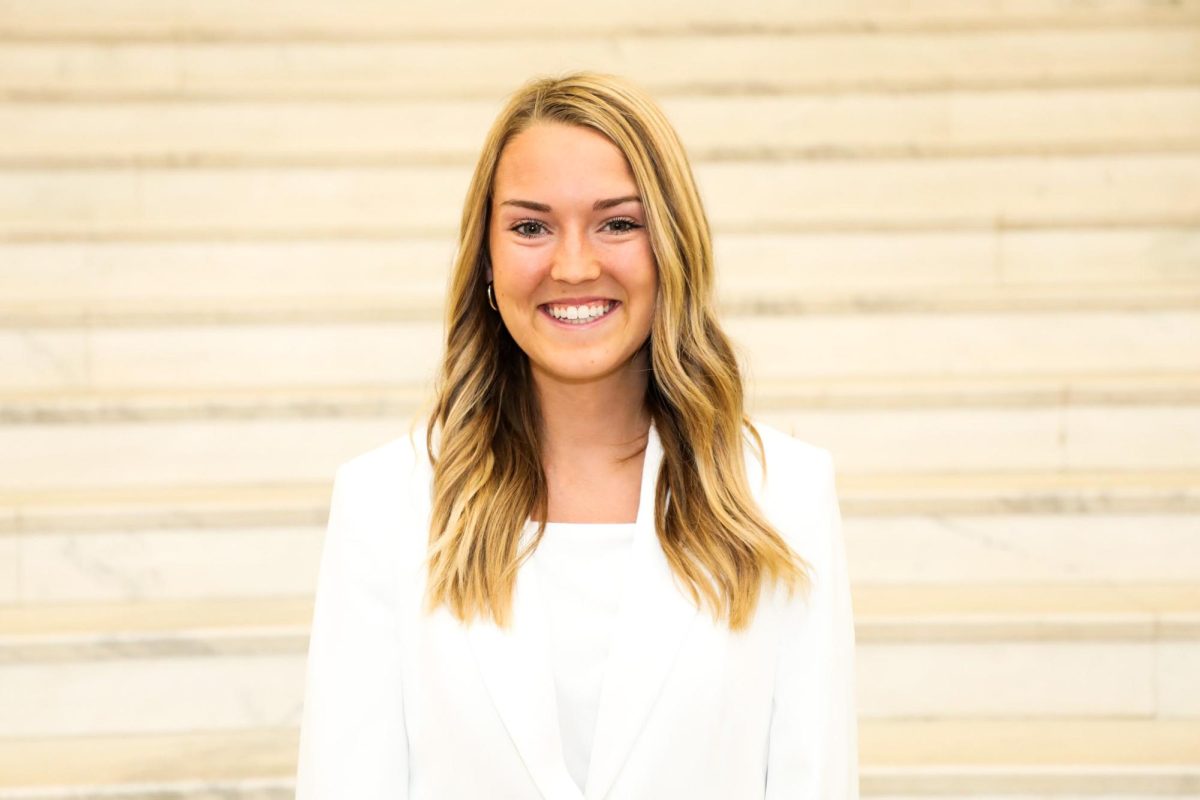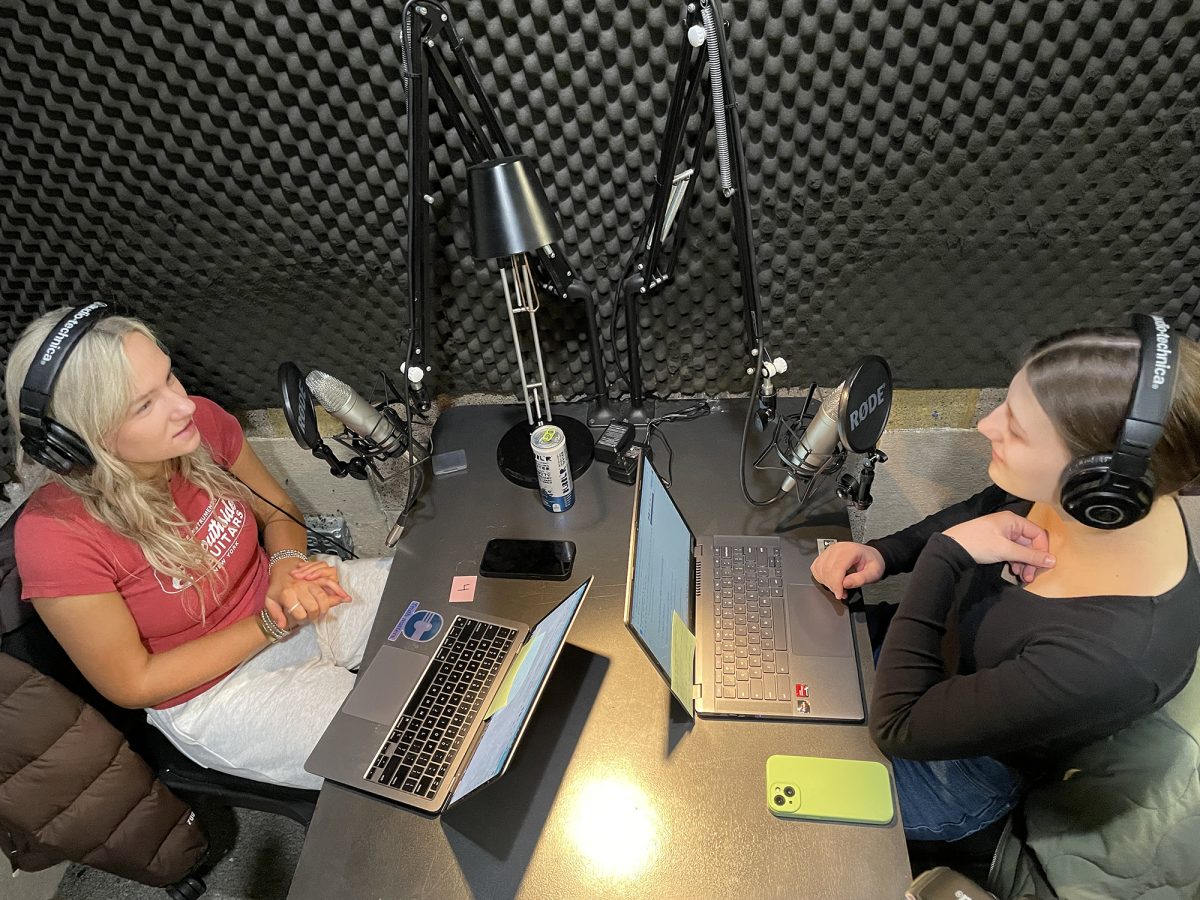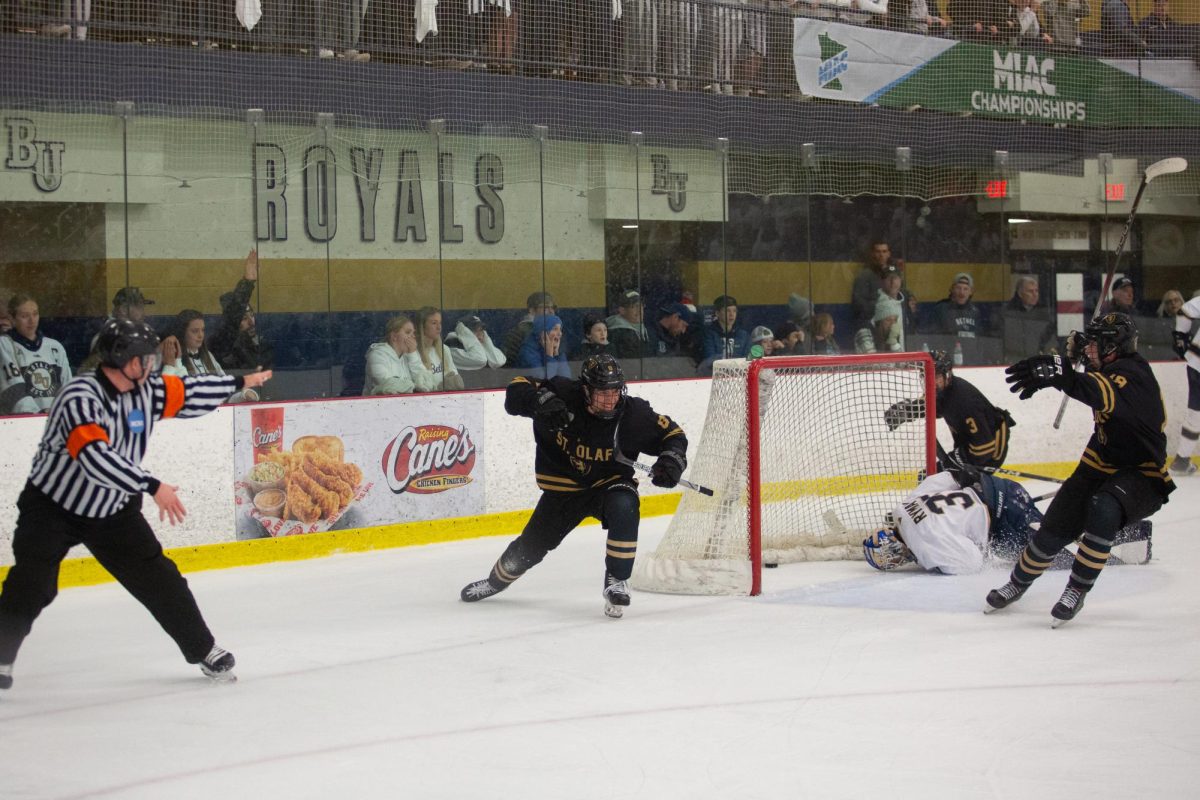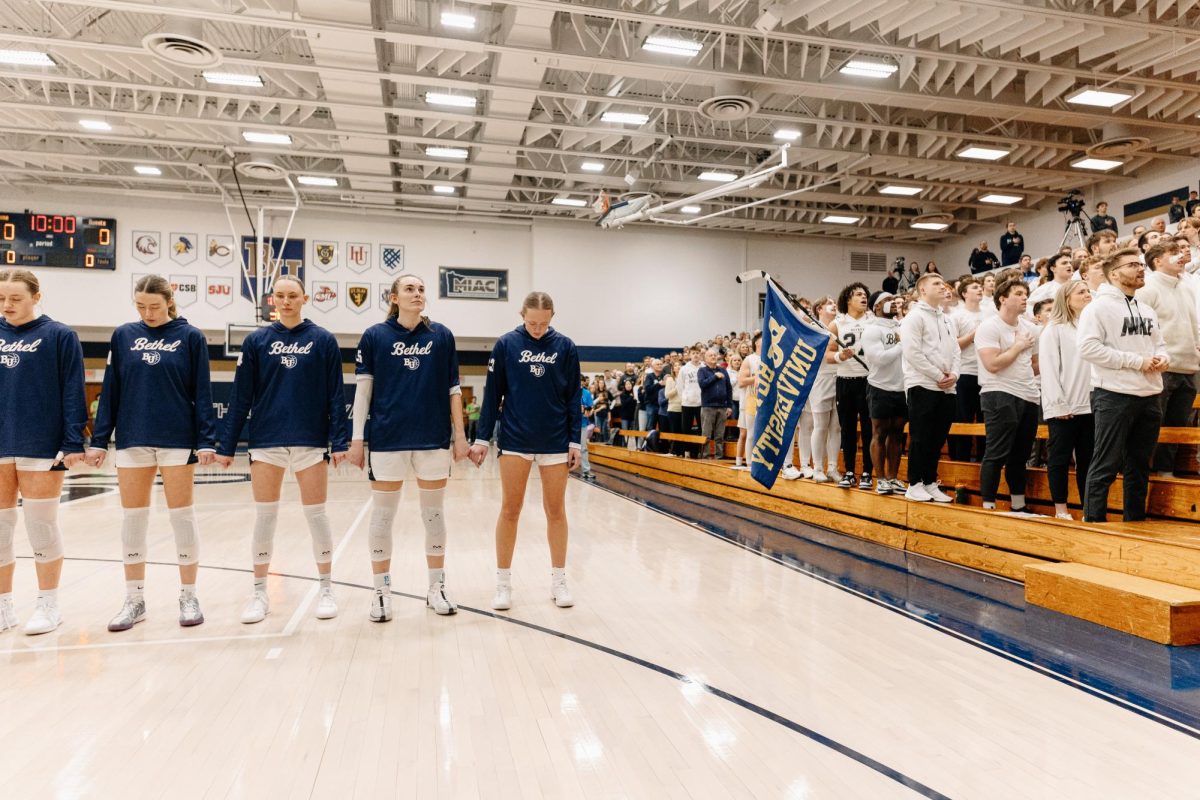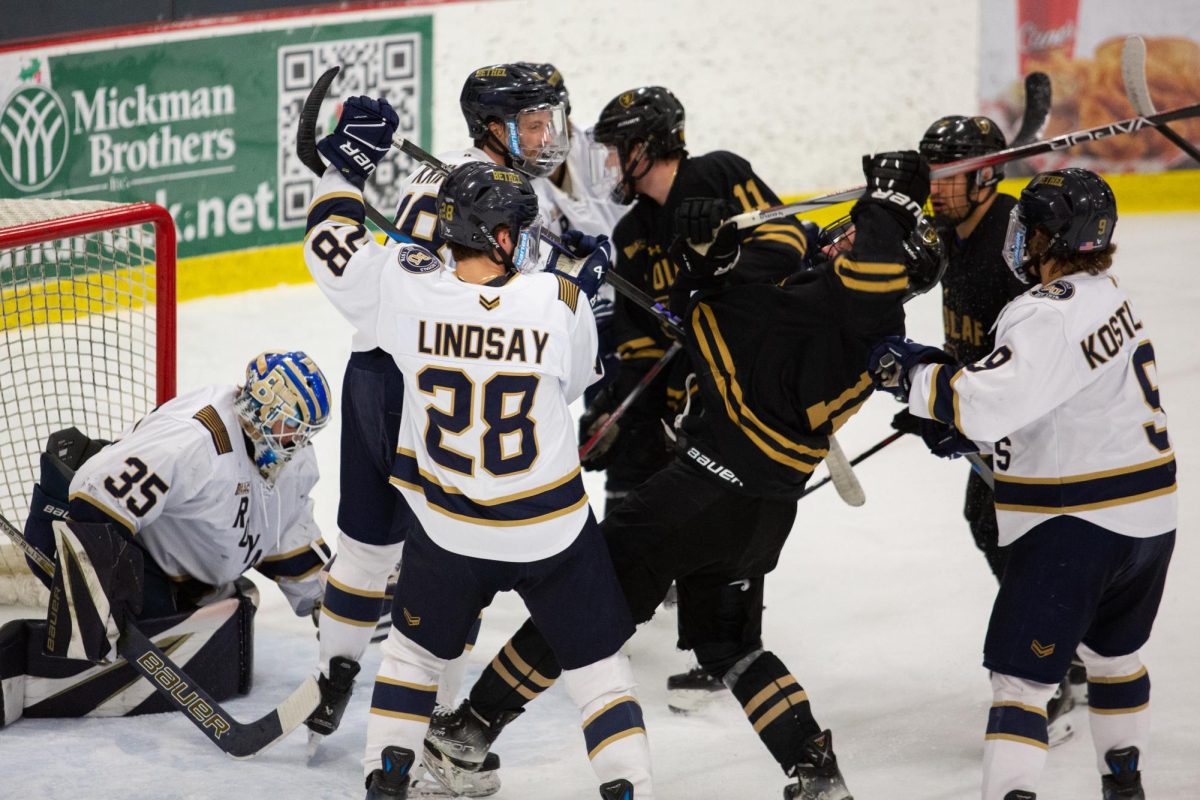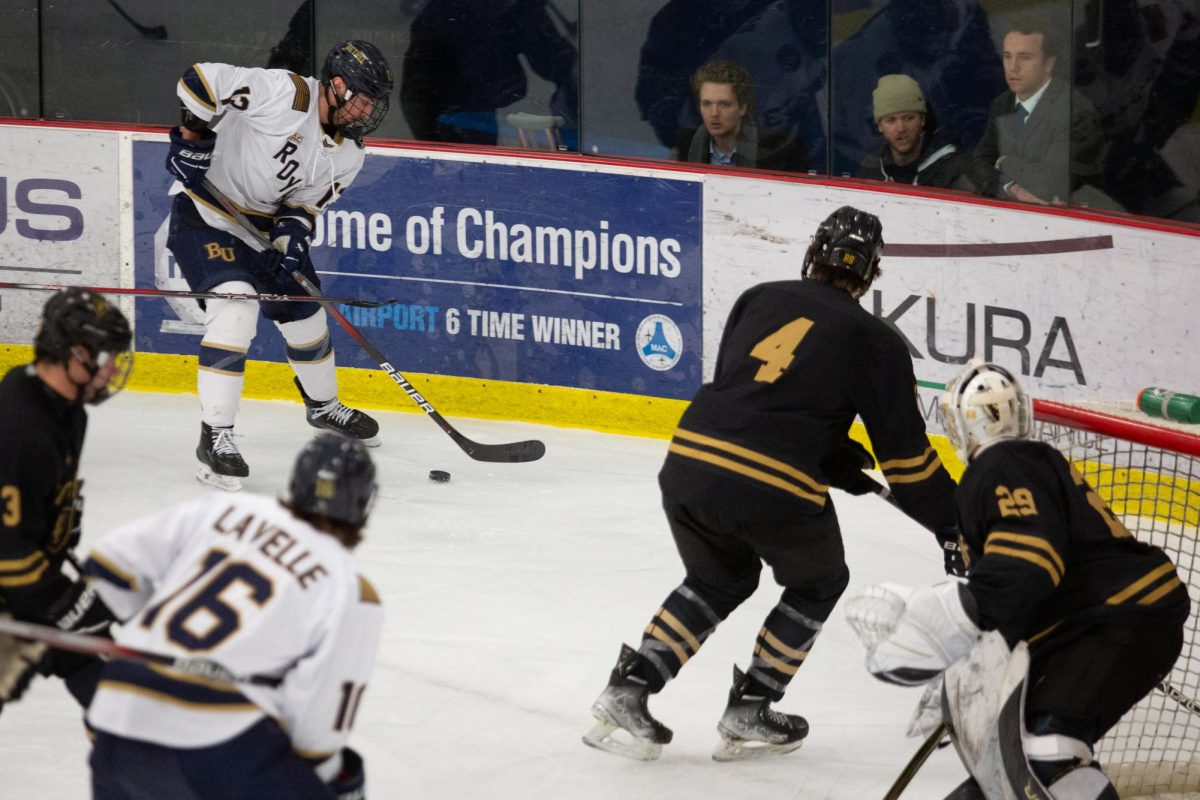By Sierra Beilby
I walked into church on Sunday morning, and it didn’t matter which church. It was a Market Pantry version of every other suburban, evangelical, contemporary, predominantly-white church in the Twin Cities. I had never been here, and yet I had been here many times before. A man in a neon colored t-shirt helped me find my seat, like freshmen members of a fraternity who were elected to keep the peace at a party. Ambient chords played behind every worship song which ensured that each audience member felt like the entire church was floating in cosmic limbo mere seconds after God’s creation of the universe. The sermon was introduced with an edited series of National Geographic clips, while the church’s new 22-year-old media coordinator does amateur voice over. There may be a countdown. Then the church’s young white male pastor named Jason walked out on stage and proceeded to perform exegetical anecdotes for the next 45 minutes. Should we question church as entertainment; should we ask when God became less than enough?

I grew up going to a church with less smoke and fewer mirrors. It wasn’t a church that was broadcasting live to other church locations. People knew my name; people I didn’t even know, knew my name. My best friend’s dad played “Awesome God” on the piano while the elementary schoolers stood on the gray carpeted stage doing hand motions. Pastoral prayers took up two thirds of the service’s time. I never used to be entertained in church. My earliest memories of church are going stale, like the cardboard communion crackers I washed down with grape juice. I was restless in church. One time I even hid from my parents in the choir room, behind the robes, in an attempt to escape the service. I recall pressing my face into the old blue fabric, smelling dust and must of old people. The roots of my church experience were built upon organ music, nativity plays with crying preschoolers dressed like angels and attempting to pull my mom to the car for a full hour after the sermon ended. There was a dull pause about everything, and it was comfortable. Yet, should I not also question my liturgical church upbringing; should I question the homogeneity and comfort tucked into each pew, pressed into each bulletin, and stabilizing my pastor’s pulpit?
Asking questions of our experiences allows us to take a step back from reality and see the underlying ridiculousness of it all, no matter how animated or how dry it is. Life is, and will be ridiculous, incredulous and nonsensical. Faith just tends to be something that we all desperately want to be comfortable, because it is the base of our worldview; it is the ground we build on. Therefore, questions are inevitable and important— but why? And to what end?
Only my father, a Bethel theology professor, and I could turn a friendly morning writing session at our local Caribou Coffee into a theological debate. It didn’t even matter what the topic or perspectives were because I was adamant in objecting to whatever his opinion was. I grasped hard for loose threads in his theology in a chaotic attempt to unravel his words, as if my desire to be right could somehow make them untrue, rewrite Scripture, change society and reconcile my faith for me. Every time I crashed over his well-studied and thoughtfully constructed theology, hoping it was built on sand, I was reminded that it was built on something like rock. I didn’t understand it. My dad’s faith in his theology remained sound, and I was just gray water, beating tirelessly upon something solid until my discouragement threatened to pool in my eyes and pour over in front of every tired businesswoman and stay-at-home dad in the Caribou.
It wasn’t until I went home and attempted to unwrap myself from my cocoon of frustration when I realized my questions had led me nowhere. I had mistaken faith for my church experience. I was never questioning faith in the first place, but the inner-workings of church practice. I realized I was getting used to my self-appointed position as church critic— a position to which I was never elected, but excelled in nonetheless. I felt empowered when I was able to take a step back and realize the absurdity of it all. I thought, arrogantly, I had become a master debunker of religious crap. So why didn’t it work on my dad? My dad’s personal faith is not church, nor is anyone’s. Faith, true faith, the kind built on Scripture, experience, questioning, understanding, open mindedness and servanthood was not something that could be equated to traditions in church. The tangibility of faith to the person who holds it keeps it from crumbling under questions. Which doesn’t mean that a person is ignorant, it means they are thoughtful. I realized I needed some room to grow, and that was OK.
What my dad was frustratingly letting me discover on my own is that mature faith is not developed by church cynicism, but by real, open-minded questioning. I would challenge everyone to never lose a critical eye as they sit in pews, shrouded by smoke machine fog or serenaded by duck-like organ music. I would also encourage everyone to ask questions without a cynical intent: ask hard questions, ask impossible questions, ask questions of faith that you know no human could ever answer. Cynicism does not equal more faith, but more questions do not equal less faith. Having the perspective to question our experience, courage to question our own understanding and grace to accept the understanding of others, may just be the key to maintaining a curious faith.

